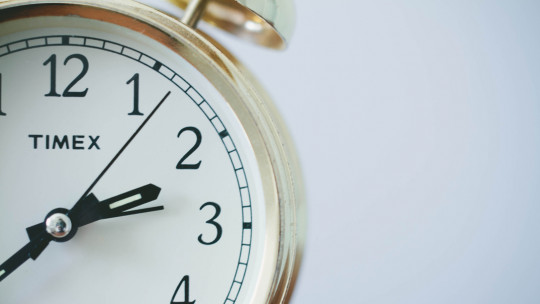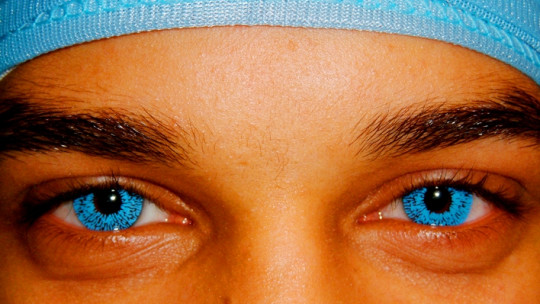
Are you one of those who find it difficult to get up early? Well you’re in luck. If a study had recently come to light stating that intelligent people prefer to live at night and have trouble sleeping, now new research indicates that people who wake up early tend to suffer more health problems.
The data from this research debunks the myth that “those who get up early, God helps them.” According to this research, people who wake up early in the morning tend to suffer greater stress and have higher levels of a hormone related to this phenomenon, cortisol. But not only that, but They are more likely to suffer from headaches, muscle aches, colds and have a more bad mood
From now on, and contrary to what your mother or your partner tells you, do not feel guilty if you fall asleep in the morning, because according to the group of scientists who carried out this study, you will be pampering your body.
Data from the study carried out by the University of Westminster (United Kingdom)
The study was carried out at the prestigious University of Westminster (United Kingdom) and included 42 subjects. Saliva samples were taken from them every eight hours for two days. The first sample was taken just as they got out of bed.
Analysis of these samples determined that Half of the people who got up between 5:22 a.m. and 7:21 a.m. had higher cortisol levels than individuals who got up later. Not only that, but high levels of this stress-related hormone remained high throughout the day.
According to the data, the cause of this is not found in the hours slept, but in having gotten up before 7:21am, but the researchers. Come on, what It does not seem that getting up early is completely good for our body

10 weeks follow-up
In the 10-week follow-up, the team of researchers, led by Angela Clow, found that early risers reported higher levels of muscle pain, cold symptoms and headaches, as well as a bad mood. In the words of Clow herself: “This work is interesting because it provides data on the physiological bases of the differences between people who wake up early and those who wake up late.”
Furthermore, the researcher added: “Until now, waking up early was associated with greater concentration and greater activity, but also with experiencing more problems throughout the day, as well as higher levels of anger and less energy at the end of the day.” . On the other hand, people who wake up late are associated with slower, less busy behavior.”
The influence of cortisol on stress
Scientists say that cortisol, a hormone that is synthesized and released into the blood from the adrenal glands, may be responsible for these differences in temperament and is known to influence mood and concentration. Cortisol helps the body cope with stressful situations by releasing stored energy and prepare the muscles for action. Additionally, it inhibits the body from feeling pain and reducing inflammation.
Professor Neil Douglas, director of the National Sleep Center in Scotland, warns that there are many factors that influence high levels of cortisol in the body, including age and obesity.
Tips to reduce stress
Stress is one of the psychological phenomena that affects more people, and in fact it has been dubbed the epidemic of the 21st century. Few are surprised by this, since the lifestyle of Western societies contributes to the development of this phenomenon.
If you are currently going through a stressful period, there are a series of habits or behaviors that you can carry out to reduce the symptoms. So follow these tips:
- Manage your time effectively
- Don’t be a perfectionist
- Practice Yoga
- Be positive
- Eat and drink healthy
- Use humor and laughter
- Practice Mindfulness
- Sleep better
- Practice physical exercise
- Harness the power of music
You can delve deeper into these tips in our article: 10 essential tips to reduce stress








